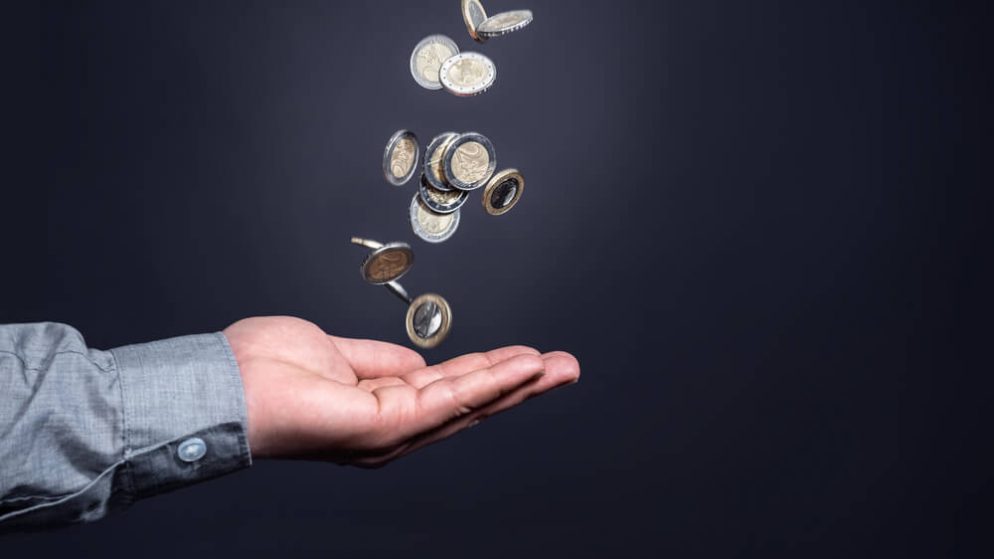

As the Chicago city council moves to approve retail sportsbooks within the city limits, an additional 2% city tax on sports betting is also planned. The addition of a city tax would bring the total tax rate on sportsbook gross revenue to 19%. Already, sportsbooks are taxed at a rate of 15% for the state and an additional 2% for Cook County.
Casino owner Neil Bluhm, of the Rivers Casino in Des Plaines, is not happy with the decision. Bluhm had lobbied against allowing retail sportsbooks within Chicago, arguing it would hurt casino revenue. However, Mayor Lightfoot believes no evidence allowing sportsbooks into the city would draw revenue away from any casinos.
Bluhm, who heads up Rush Street Gaming, is among those submitting bids to build a casino in Chicago. Bluhm believes the sportsbook at his Rivers Casino in Des Plaines could lose business if sportsbooks open at Chicago’s sports stadiums.
What we cover
Lightfoot Administration Tags on 2% Tax
The Lightfoot administration apparently proposed the additional 2% tax in an attempt to placate Bluhm and Council members who opposed sportsbooks. Noting that 2% matches the county tax, the mayor believes that it’s equitable for the city of Chicago to also profit from this new undertaking by the city’s sports teams.
Lightfoot also said that the city should take on the financial burden for any regulatory oversight and infrastructure necessary to accommodate sports betting. The mayor believes that the city should take the responsibility for ensuring there are sufficient resources to open retail sportsbooks at the city’s stadiums.
However, the proposed 2% tax did not appease Bluhm, even though it does not affect the sportsbook at the Rivers Casino in Des Plaines. He asserts that the 2% tax could amount to $1 million for the city. But, he believes his casino in Des Plaines and a potential casino in Chicago could lose $11 million per year to Chicago sportsbooks. Bluhm argues that for every sports betting dollar lost at a casino, they lose $3 to $4 of casino revenue. This is due to the loss of sports bettor foot traffic.
Chicago’s High Tax Rates Keep the Casino Industry Away
Several major Las Vegas casino resorts have already dropped out of the bidding for the Chicago casino license, due to the city’s high tax rates. Among the Vegas players who declined building in Chicago are MGM Resorts International, Caesars Entertainment, Wynn Resorts, and Las Vegas Sands Corp.
The top casino tax rate in Nevada is 6.75%. In most of the country, tax rates range between 10% and 25%. But in Chicago, casinos would be taxed at a rate of 40%. This is the primary reason why casino companies are reluctant to enter the Chicago market.
When Bluhm was asked about dropping out from bidding on the casino if the City Council approved sports betting, Bluhm said they had not yet decided.
Chicago Sports Stadiums Also Oppose the 2% Tax
Mara Georges, who formerly worked for the city as corporation counsel thinks the 2% city tax is a mistake. Driving the overall tax rate to 19% could push sportsbooks to a “breaking point.” Georges now represents Wrigley Field and the United Center.
As Georges points out, the city’s sports teams, as well as their fans, pay among the highest amusement taxes in the nation. Anyone entering a stadium, even if they were not betting on the game, would pay the amusement tax.
Georges went on to point out that imposing an additional tax on sportsbooks in Chicago could drive bettors to sportsbooks in the suburbs, including Bluhm’s in Des Plaines. Also, higher retail taxes would only drive more people to bet online; more than 86% of Chicagoans already place their sports bets online.
Finally, Georges argues that at some point, higher taxes create diminishing returns, since driving businesses out of Chicago ultimately creates less revenue to be taxed.
Shady Dealings?
Georges laughed at suggestions that the proposed 2% tax was a “bone the mayor threw” to Bluhm; it turns out that Bluhm’s family has a close relationship with Mayor Lightfoot.
It turns out that Lightfoot has received over $200,000 in campaign contributions from Bluhm’s two daughters.
“The 2% tax is probably what Lightfoot feels needs to be done to get the sports betting ordinance passed,” Georges said.
It’s More to Appease the City Counsel
The chief sponsor of the sports betting ordinance, Alderman Walter Burnett of the 27th ward, says the 2% tax is not to appease Bluhm. Rather, it was necessary to win the 26 votes needed to bring stadium sportsbooks to Chicago.
“A lot of alderpersons were worried about whether the city would benefit out of it, besides the infrastructure money going to the state and then spent in Chicago. The tax helps to satisfy a lot of alderpersons,” Burnett said. “This will give us a flow of additional cash to help balance the budget.”
As for the billionaire sports moguls, Burnett noted that he was sure they’d rather not pay the tax, but he also noted they didn’t complain about it.
Bluhm dismissed the idea that the 2% tax would send sports bettors to his sportsbook at the Rivers Casino in Des Plaines. He noted that the Des Plaines casino is 20 miles away and that it usually takes an hour to get there. “It’s a totally different market,” Bluhm said.






